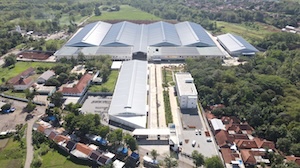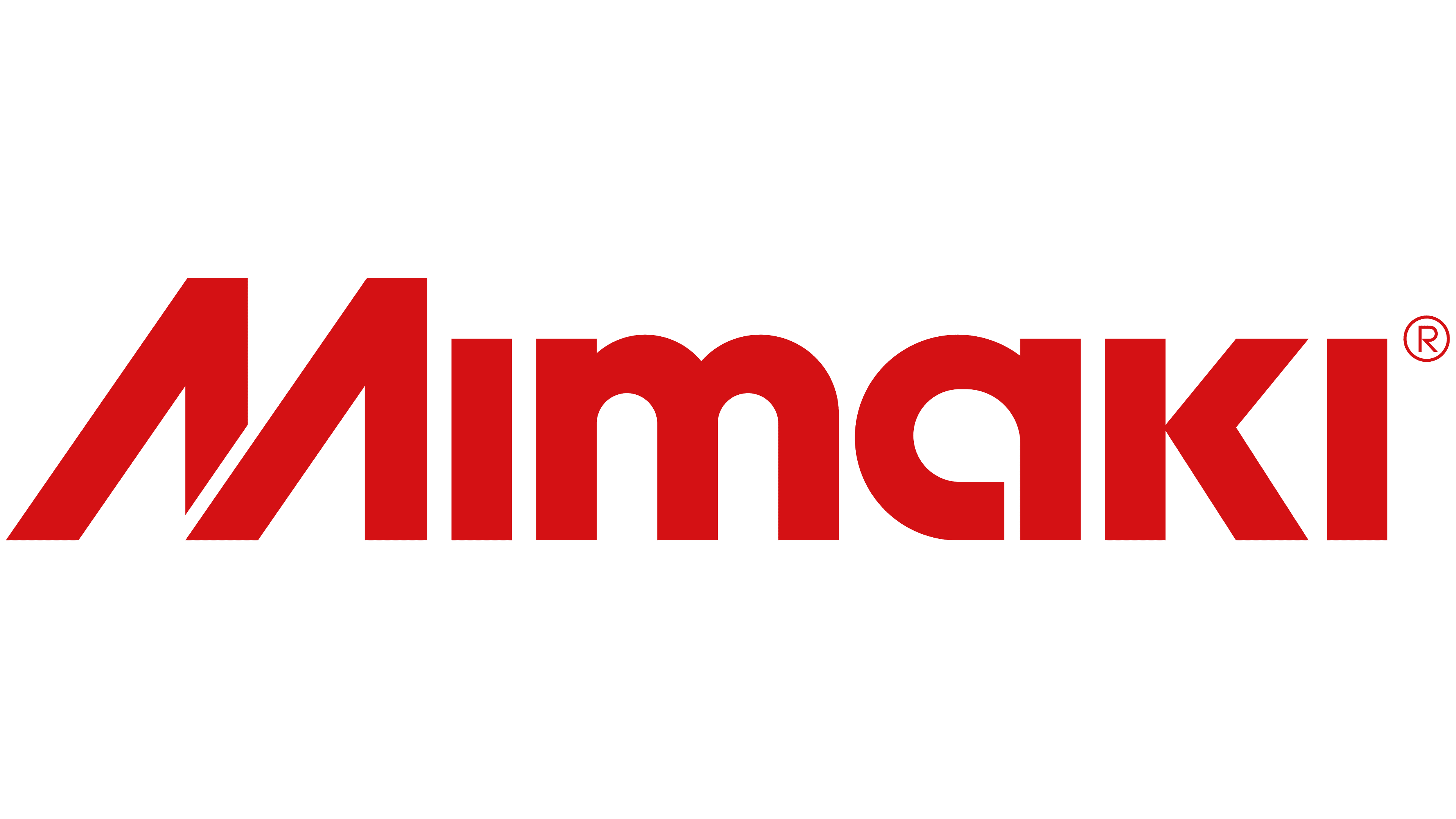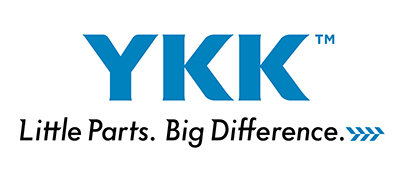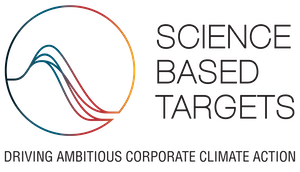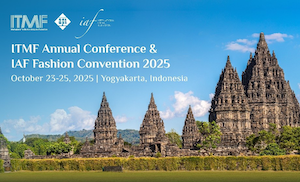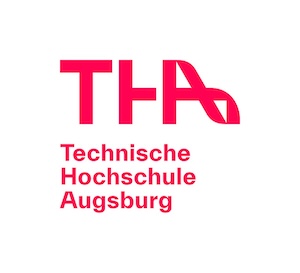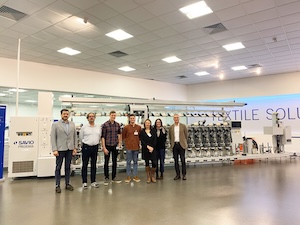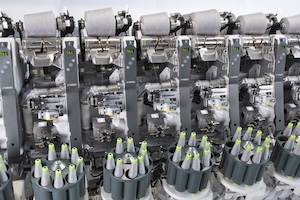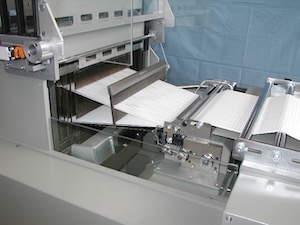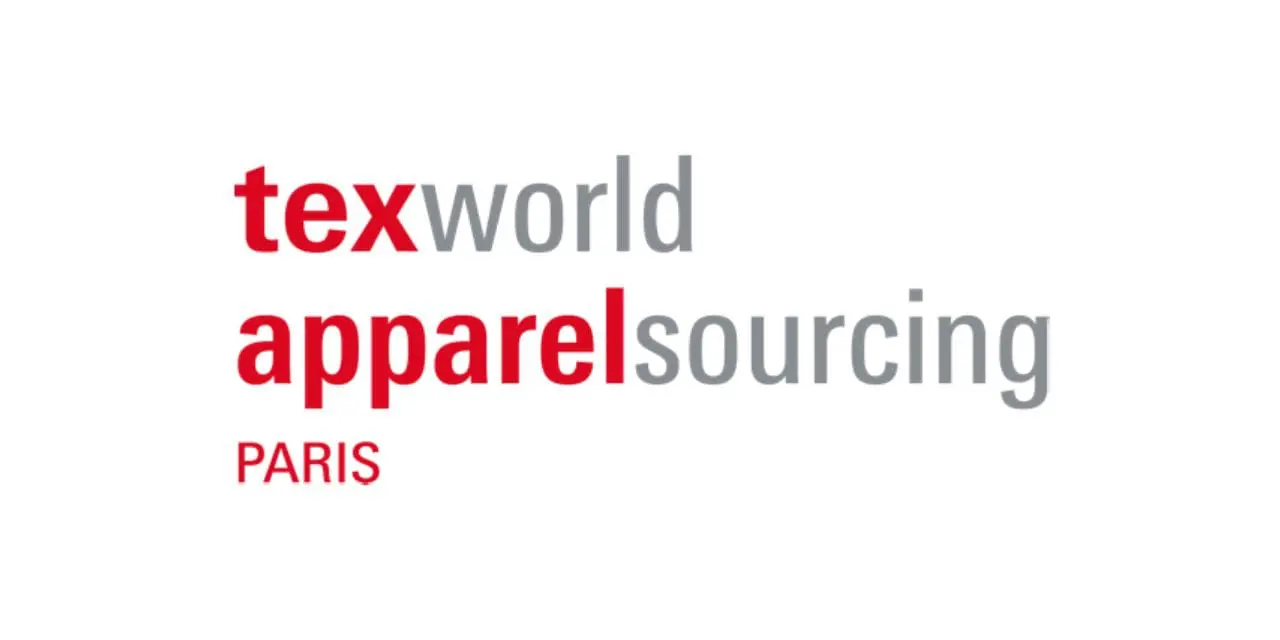 PARIS— January 9, 2025 — The return of Texworld Apparel Sourcing Paris to the Paris-Le-Bourget exhibition centre February 10-12 will see a number of innovations both in terms of the products on offer and the visitor itineraries.
PARIS— January 9, 2025 — The return of Texworld Apparel Sourcing Paris to the Paris-Le-Bourget exhibition centre February 10-12 will see a number of innovations both in terms of the products on offer and the visitor itineraries.
More than 1,200 weavers and garment makers are expected in Halls 2, 3 and 4 of the exhibition center for this first edition in 2025. This return to a redesigned space marks a new chapter in the visitor experience. This session will also offer a true reflection of the diversity of global sourcing, with creative ranges at competitive prices for the fashion industries.
New sourcing destinations for Texworld
Alongside the Top 5 weaving nations loyal to Texworld – China, Türkiye with its 70 manufacturers grouped together under the pavilion of the Istanbul Chamber of Commerce, India, Korea and Taiwan – alternative sourcing zones such as Malaysia, Singapore, the United Kingdom, Vietnam, the Netherlands and Egypt are enriching the show’s offering. Dutch exhibitors Quality Textile, Nooteboom and Verhees Textiles are also back in the cotton sector, with cutting-edge and particularly creative catalogues. In the knitwear sector, we can also note the participation of the Koreans O.N.K, specialists in circular knitting, W-Tex, whose polyester blends produce remarkable fancy fabrics, or specialists in silky aspects such as JK Tex or TL Corporation. The Denim sector is growing this year, with around thirty exhibitors, including some of the world’s leading names such as Winwin Textile from China and Bangladeshi supplier NZ Denim.
Innovations, initiatives and sustainability
The new “Initiatives” zone at the entrance of Hall 4 will be showcasing inspiring and sustainable solutions, such as that of Vietnamese company Bao Lan Textile with its range of silk and fabrics made from pineapple leaf fiber. These products, developed with Ecofa Vietnam, have natural antibacterial properties and offer natural UV protection up to 50+ UPF. This area will also host the China Textile Information Centre’s trends forum, as well as the Econogy Hub, which brings together Messe Frankfurt’s expertise on sustainability-related initiatives in the textile sector. Also to be discovered in the activewear sector is the range from Japan’s Toyoshima, known for its streetwear collections, its ‘non-denim’ fabrics that consume very little water, and its astonishing wagami fabrics, produced from blends of very fine yarns made to order from cotton, linen and wool.
Apparel Sourcing: focus on Africa and near sourcing
Apparel Sourcing also has a great session in store. With more than 500 exhibitors expected — up on February 2024 — the show’s rich offering of finished products, clothing and fashion accessories will be on full display over the three days. Especially when it comes to local sourcing. Alongside the major manufacturing nations – led by China and India, and Pakistan and Bangladesh, both of which have grouped their exhibitors under their national pavilions – visitors will have access to products from the Africa zone, with a hub of companies from Ethiopia, Rwanda (Pink Mango) and the Arise Integrated Industrial Platform, which brings together the expertise of garment manufacturers based in Togo, Benin and Gabon. Ukraine, back with five companies supported by its national textile association, will be adding to the Euromed offering from Foursource, Messe Frankfurt’s near sourcing partner, which will be presenting catalogues from companies in Eastern Europe, Portugal and Morocco.
An optimized sourcing experience
The return to Paris-Le Bourget Exhibition Centre has been accompanied by an overhaul of the organisation of visitor areas. The layout of sectors and services has been reviewed to create new synergies between raw materials and finished products. Women’s wear areas (All about her, Embrodery & Lace, Silky aspect…) have been set up in Hall 4 — dedicated to knitwear, silk and lace — and a large area will be devoted to the outdoor – sportswear – casualwear offer in Hall 3. Hall 2 will be a focal point for relaxation, catering and networking, as well as a place for inspiration and exchange, with trend forums, product presentations, services and the Agora for conferences and round tables.
Econogy, Small Quantity & Hand Made: themed itineraries
Three exhibitor itineraries have been designed by the Messe Frankfurt France team to meet visitors’ needs. The Econogy Finder trail, for example, enables visitors to find more than 80 suppliers of sustainable textiles, listed in the show app and indicated by the Econogy logos visible on the corresponding booths.
The Small Quantity itinerary then highlights the more than 200 suppliers able to offer small quantity production (less than 300 pieces for garments or less than 100 metres for fabrics). A plus for buyers looking for limited editions or small orders for capsule collections. Finally, the Hand Made itinerary identifies the more than 130 exhibitors whose catalogues feature authentic, handmade products or unique skills. These manufacturers can also be found directly on the fair’s online directory.
Posted: January 9, 2025
Source: Messe Frankfurt France
 BURLINGTON, N.C. — January 7, 2025 — Sunbrella announced the expansion of its Sunbrella Plus® marine shade offering to include 17 total color selections. Sunbrella Plus features the benefits all Sunbrella fabrics are known for, including superior UV protection, weather-resistance and durability, while delivering enhanced water repellency thanks to its high-performing undercoating. The result is a highly versatile fabric that’s suitable for a variety of marine shade applications, including bimini tops, dodgers, protective covers and beyond.
BURLINGTON, N.C. — January 7, 2025 — Sunbrella announced the expansion of its Sunbrella Plus® marine shade offering to include 17 total color selections. Sunbrella Plus features the benefits all Sunbrella fabrics are known for, including superior UV protection, weather-resistance and durability, while delivering enhanced water repellency thanks to its high-performing undercoating. The result is a highly versatile fabric that’s suitable for a variety of marine shade applications, including bimini tops, dodgers, protective covers and beyond.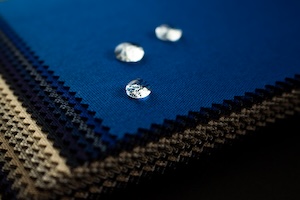 “When you’re on the water, performance may reign supreme, but design takes the boating experience to a new level,” said Kate Carter, vice president and general manager of shade and marine at Sunbrella. “By broadening the color range of our Sunbrella Plus collection, we hope to give fabricators an enhanced toolkit for their marine boat top projects with fabrics that will thrive on the water time and time again.”
“When you’re on the water, performance may reign supreme, but design takes the boating experience to a new level,” said Kate Carter, vice president and general manager of shade and marine at Sunbrella. “By broadening the color range of our Sunbrella Plus collection, we hope to give fabricators an enhanced toolkit for their marine boat top projects with fabrics that will thrive on the water time and time again.” In addition to its expanded range of colors designed to coordinate with popular boat palettes, Sunbrella Plus provides powerful protection against staining and fading, so colors look their best for the long haul. The collection also delivers superior resistance to mold, mildew and dirt, and it is bleach-cleanable for worry-free maintenance.
In addition to its expanded range of colors designed to coordinate with popular boat palettes, Sunbrella Plus provides powerful protection against staining and fading, so colors look their best for the long haul. The collection also delivers superior resistance to mold, mildew and dirt, and it is bleach-cleanable for worry-free maintenance.

